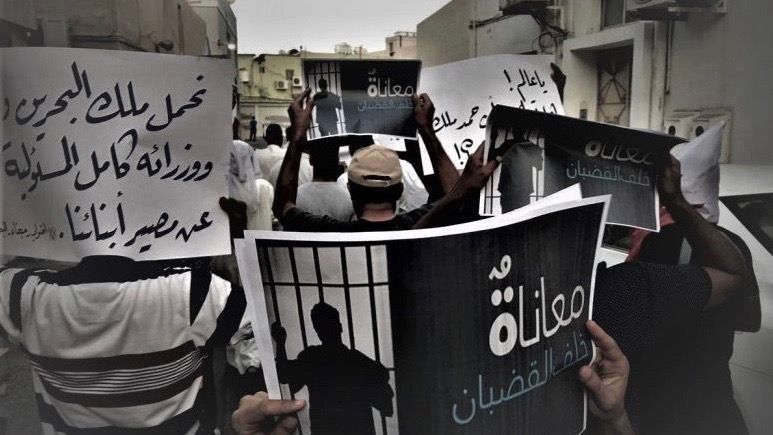The recent surge of over 3,000 US troops in the Red Sea has triggered serious concerns about the future of Yemen and the broader West Asian region. This move, justified by alleged threats from Iran, has raised alarm bells among Yemenis and international observers who view it as a dangerous escalation of Western aggression with potential far-reaching consequences.
The US has a history of backing the Saudi Arabia-led coalition in Yemen's devastating war, offering armament and technical support. Additionally, the US has played a role in enforcing the Saudi sea blockade, which has exacerbated the already dire humanitarian crisis in Yemen. The blockade has driven millions to the brink of starvation and deprived them of essential medical facilities.
Deputy Foreign Minister of the Yemeni government, Hussein Al-Ezzi, has issued a strong warning about the implications of the US forces' entry into Yemen's territorial waters. He emphasized that such a move could ignite a catastrophic battle of unprecedented scale in human history. This stark warning underscores the gravity of the situation and the potential for further escalation.
The region's skepticism towards the US military's motives is well-founded. The US navy has actively participated in the Saudi blockade since 2015, contributing to Yemen's humanitarian catastrophe. Yemenis fear that the arrival of additional US troops will only exacerbate their suffering and further destabilize the region.

The Yemeni Houthi group, Ansar Allah, has expressed its vigilance about the situation. Ali al-Qahoum, a member of the group's leadership, noted the unjustified military presence of the US as a direct threat to regional security. This sentiment is echoed by many Iranians who emphasize that countries in the region are more than capable of defending themselves without external intervention.
This surge in US troop deployment is viewed as a dangerous provocation that could disrupt regional peace. Experts caution that it might ignite an arms race in the already volatile region. The move also seems to be a reaction to Iran's efforts to normalize ties with Saudi Arabia, a shift that challenges US strategic interests in the area.
This alarming escalation underscores the deeper issues of Western intervention and interference in the Middle East. The West's tendency to prioritize its interests over the well-being of the region's populations is evident in the devastating consequences of the Saudi-led blockade and the ongoing conflict in Yemen. The surge of US troops in the Red Sea is yet another example of how Western actions can exacerbate existing crises and contribute to instability. The concerned voices from Yemen and beyond emphasize the urgent need for a reevaluation of Western interventionist policies in the region.

